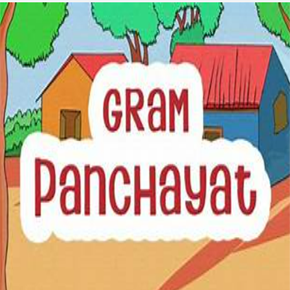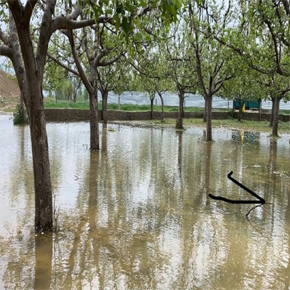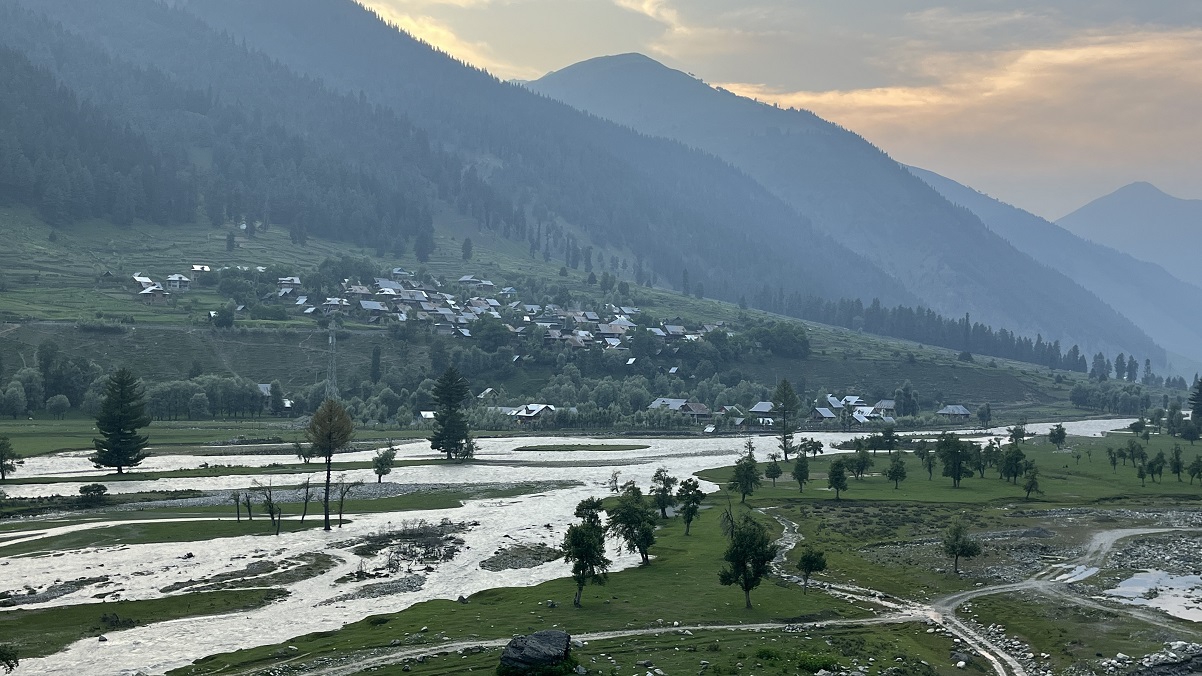Soon after the central government abrogated Article 370 of the Constitution in August 2019, the media published detailed reports on the Whistle Blowers Protection (WBP) Act, 2014. There were hopes that whistle-blowers in Jammu and Kashmir (J&K) and Ladakh would get legal protection from victimisation thanks to this law. There were also hopes that the anti-corruption movement would get a significant boost, as this law gives anti-corruption activists legal protection. Neither the state machinery nor non-state actors would victimise them. However, almost three years since it was extended to the Union Territory of J&K, this pro-people and pro-transparency law is not being operationalised.
Central Government Assurances
Whistleblowing is when an employee or stakeholder discloses information about illegal or unethical conduct within an organisation. A whistle-blower is one who informs about a person or organisation engaged in an illicit act. Many government offices have employees who want to expose corrupt practices, but fear being victimised or physically harmed. This author, too, gets calls from such officers about instances of corruption and malpractices in their offices, but they are unprepared to expose them, making the WBP Act of no use for them.
The government of India, Prime Minister, Home Minister and other senior Bharatiya Janata Party (BJP) leaders, had claimed that after Article 370 is abrogated, corruption would not be tolerated in J&K. However, that is not happening on the ground. The J&K Anti-Corruption Bureau (ACB) is acting against corrupt officials, but those caught in its trap are lower-rung officers. Not a single IAS, IPS or state civil service officer has been charged with corruption in over three years.
Corruption is a national issue, and every state and Union Territory is suffering on account of it, but the government of India should have given particular focus to addressing the same in J&K, as the region’s people were given many assurances by the Union government to act against corruption and corrupt government officers after Article 370 was abolished.
WBP Act: A Background
In 2001, the Law Commission of India, aiming to bring down the graph of corruption, recommended legal protection for whistle-blowers. The commission prepared a draft bill to address the issue. In 2004, the Supreme Court directed the government of India to activate the administrative machinery to act on whistle-blowers’ complaints until a national law is enacted. The Supreme Court had ruled in response to a petition about the infamous murder of a young National Highways Authority of India (NHAI) engineer, Satyendra Dubey. Dubey had exposed corruption in the Golden Quadrilateral highway project in Bihar in 2003 and was murdered.
In response to the Supreme Court order, the government notified a resolution in 2004, the Public Interest Disclosure and Protection of Informers Resolution (PIDPIR). It gave the Central Vigilance Commission (CVC) the power to act on whistle-blowers’ complaints. In 2007, the Second Administrative Reforms Commission report recommended a separate law to protect the whistle-blowers in India. The WBP bill was tabled before Parliament in 2011, but took more than three years to pass in 2014. The law has been enacted since eight years, but is not fully operational.
The WBP Act creates a mechanism to receive complaints related to the disclosure of allegations of corruption or wilful misuse of power or discretion against any public servant and to inquire or cause an inquiry into such disclosure. The law provides adequate safeguards against the victimisation of the person making such complaints. It allows any person, including a public servant, to make a public interest disclosure before a competent authority.
The law has elaborately defined various competent authorities at the central, state and judicial levels. The law does not allow anonymous complaints and clearly says that a competent authority will take no action if the complainant does not establish their identity. The maximum period for making a complaint is seven years.
Amendment in 2015
Instead of making the law operational, in 2015, the central government introduced an amendment in Parliament. The anti-corruption activists called it a dilution of the WBP Act. They allege that the amendment was introduced in the Lok Sabha without public debate or consultation. Its text was made public only when it was introduced in the Lok Sabha. Then it was hurriedly passed, despite demands from several Members of Parliament to refer it to a deliberation committee. In the Rajya Sabha, several Members of Parliament moved a proposal to have it referred to a select committee, but even that was not accepted by the government.
The amendment in the WBP Act has removed a clause that safeguards whistle-blowers from prosecution under the Official Secrets Act (OSA) 1923 for disclosing information as part of their complaint. In fact, offences under the OSA have been made punishable by imprisonment of up to 14 years. Such changes in the WBP Act would defeat the essence of this legislation, and whistle-blowers will not come forward to use this law.
Threat calls
The WBP Act has been operational in J&K for more than two-and-a-half years now, but neither has any top government official spoken about this law nor has any awareness been spread about it. On the other hand, whistle-blowers continue to be harassed and victimised, whether in government offices or outside. Even some government officials expose the applicants who intended to seek information on various developmental projects. Recently, a Right to Information (RTI) activist’s wife, an Anganwadi worker in the Budgam district, got threat calls after her husband exposed a scam under the Prime Minister’s Ujjwala Yojna.
“I have exposed some gas agencies taking money from many poor beneficiaries under the PM’s Ujjwala Yojna in the last three years. I made some videos on this issue and uploaded them on social media. Now, some people are threatening my wife over the phone, calling themselves journalists and questioning her for not providing nutrition to children at the Anganwadi centre. But I know [the real reason] for their calls… The whistle-blowers act is of no use for me. I am feeling threatened, says Shabir Ahmad, a whistle-blower and RTI activist from Chadoora, Budgam.

























































































